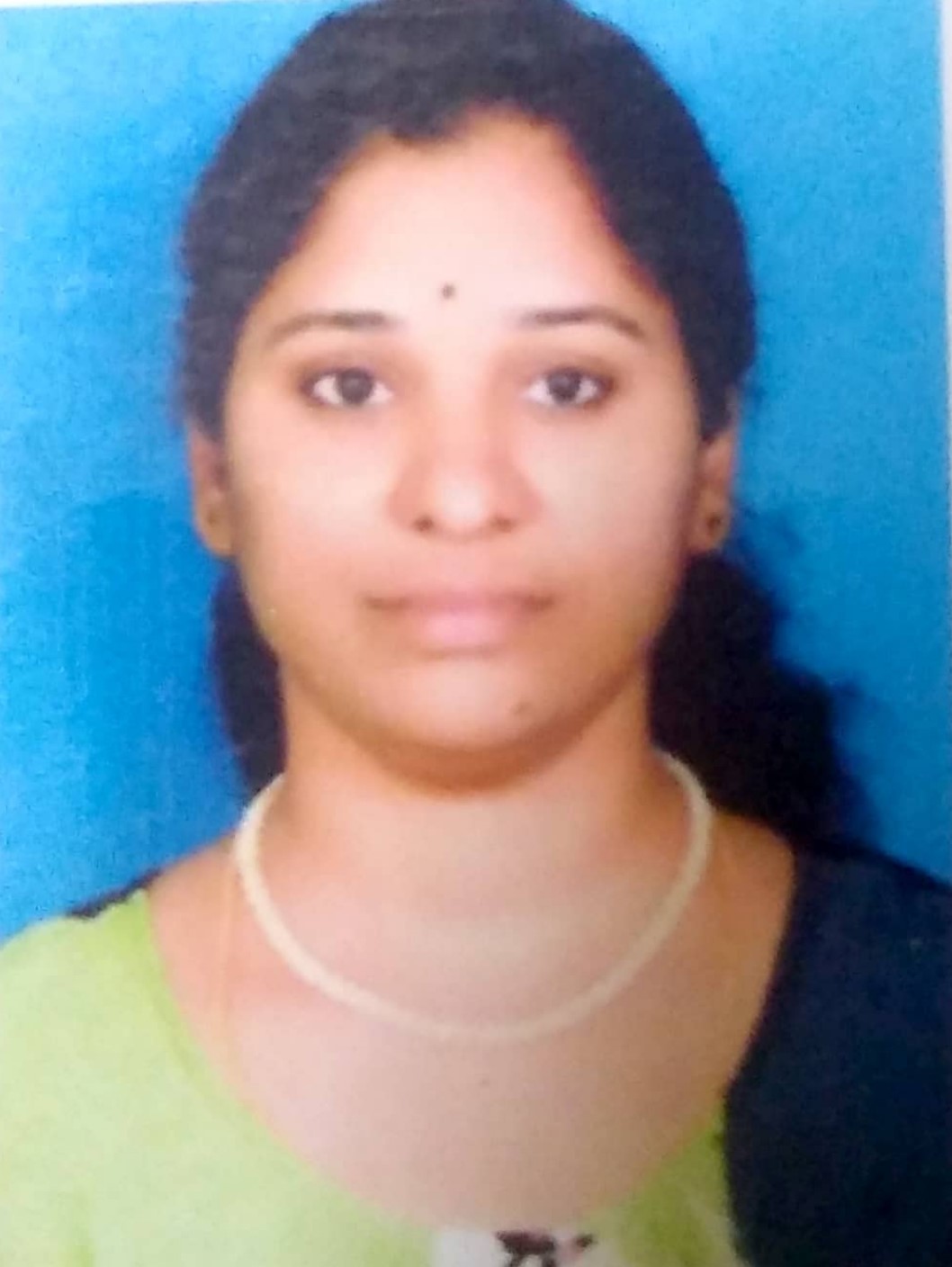Welcome to CSE(DS) Department
Department of Computer Science and Engineering (Data Science )
B. Tech. in Computer Science and Engineering (Data Science ) with intake of 60 started in 2022, offered by the Computer Science and Engineering Department is an undergraduate programme with advanced learning solutions imparting knowledge of advanced innovations like artificial intelligence, data science, machine learning and deep learning. The main goal of artificial intelligence and data science is to program computers to use example data or experience to solve a given problem.
Computer Science and Engineering (Data Science ) is a new, exponentially growing field which consists of a set of tools and techniques used to extract useful information from data. This specialized course is specially designed to enable students to build intelligent machines, software, or applications with a cutting-edge combination of machine learning, analytics and visualization technologies.
This course aims at providing not only the core technologies such as artificial intelligence, data mining and data modeling but also gives intensive inputs in areas of machine learning and big data analytics. By this course, the students will gain cross-disciplinary skills across fields such as statistics, computer science, machine learning, and logic, data scientists and may have career opportunities in healthcare, business, ecommerce, social networking companies, climatology, biotechnology, genetics, and other important areas. The major focus of this programme is to equip students with statistical, mathematical reasoning, machine learning, knowledge discovery, and visualization skills.
VISION:
To promote quality education with industry collaboration and to enable students with intellectual skills to succeed in globally competitive environment.
MISSION:
To educate the students with strong fundamentals in the areas of Artificial Intelligence and Data Science.
Provide multi-disciplinary research and innovation driven academic environment to meet the global demands.
Foster the spirit of lifelong learning in students through practical and social exposure beyond the classroom.
Programme Educational Objectives (PEO)
Program Educational Objectives describe the career and professional accomplishments in five years after graduation that the program is preparing graduates to achieve.
- Graduates will have solid basics in Mathematics, Programming, Machine Learning, Artificial Intelligence and Data Science Fundamentals and Advancements to solve technical problems.
- Graduates will have the capability to apply their acquired knowledge and skills to solve the issues in real world Artificial Intelligence and Data Science sectors and to develop feasible and viable systems.
- Graduates will have the potential to participate in life-long learning through professional developments for societal needs with ethical values.
Programme Outcomes (POs)
Program Outcome describes the knowledge, skills and attitudes the students should have at the end of a four year engineering program.
Engineering Graduates will be able to:
- Engineering Knowledge: Apply the knowledge of mathematics, science, engineering fundamentals and an engineering specialization to the solution of complex engineering problems.
- Problem Analysis: Identify, formulate, review research literature, and analyze complex engineering problems reaching substantiated conclusions using first principles of mathematics, natural sciences, and engineering sciences.
- Design / Development of solutions: Design solutions for complex engineering problems and design system components or processes that meet the specified needs with appropriate consideration for the public health and safety, and the cultural, societal, and environmental considerations.
- Conduct investigations of complex problems: Use research-based knowledge and research methods, including design of experiments, analysis and interpretation of data, and synthesis of the information to provide valid conclusions.
- Modern tool usage: Create, select, and apply appropriate techniques, resources, and modern engineering and IT tools including prediction and modeling of complex engineering activities with an understanding of the limitations.
- The engineer and society: Apply reasoning informed by the contextual knowledge to assess societal, health, safety, legal and cultural issues and the consequent responsibilities relevant to the professional engineering practice.
- Environment and Sustainability: Understand the impact of the professional engineering solutions to societal and environmental contexts, and demonstrate the knowledge of, and need for sustainable development.
- Ethics: Apply ethical principles and commit to professional ethics and responsibilities and norms of the engineering practice.
- Individual and team work: Function effectively as an individual and as a member or leader in diverse teams, and in multidisciplinary settings.
- Communication: Communicate effectively on complex engineering activities with the engineering community and with society at large, such as, being able to comprehend and write effective reports and design documentation, make effective presentations, and give and receive clear instructions.
- Project management and finance: Demonstrate knowledge and understanding of the engineering management principles and apply these to one’s own work, as a member and leader in a team, to manage projects and in multidisciplinary environments.
- Lifelong learning: Recognize the need for and have the preparation and ability to engage in independent and lifelong learning in the broadest context of technological change.
Programme Specific Outcomes (PSOs)
Program Specific Outcomes are statements that describe what the graduates of a specific engineering program should be able to do.
- Ability to implement innovative, cost effective, energy efficient and eco-friendly integrated solutions for existing and new applications using Internet of Things.
- Graduates will possess the additional skills in network security and IT infrastructure in Cyberspace
- Develop, test and maintain software system for business and other applications that meet the automation needs of the society and industry
HOD Message

P. KIRAN KUMAR
Welcome to the Data Science Department at MTIEAT, where innovation meets excellence. As the Head of the department, I’m thrilled to introduce you to a dynamic environment designed to foster your growth and success in the exciting field of data science.
Our department stands at the forefront of technological advancements, offering a curriculum that blends theoretical knowledge with practical application. We emphasize a hands-on approach, equipping you with the skills necessary to tackle real-world challenges. Our state-of-the-art facilities, including cutting-edge laboratories and software tools assure you to gain hands-on experience with latest technologies.
Our faculty comprises experts and industry leaders who bring a wealth of knowledge and experience to the classroom. They are dedicated to mentoring you, providing insights into the industry’s best practices and guiding you through complex problem-solving processes.
We look forward to supporting your academic journey and helping you achieve your career aspirations. Welcome to a department where your potential is nurtured and your future is shaped.
Teaching Faculty – CSE(DS) Department

Mr. M.STANLYWIT
M.E,(Ph.D), Assistant Professor
Mrs. V. MAHESWARI
M.Tech, Assistant Professor
Mrs. G. VEDAVATHI
M.Tech, Assistant Professor
P. KIRAN KUMAR
M.TECH(PHD), HOD, ASSOCIATE PROFESSOR
M, GURAVAIAH YADAV
M.TECH, ASSISTANT PROFESSOR
K. SAMEERA
M.TECH, ASSISTANT PROFESSOR
P LAVANYA
M.TECH, ASSISTANT PROFESSOR
SHAIK SHAKEER
M.TECH, ASSISTANT PROFESSOR
MOHAN KRISHNA
M.TECH, ASSISTANT PROFESSOR

